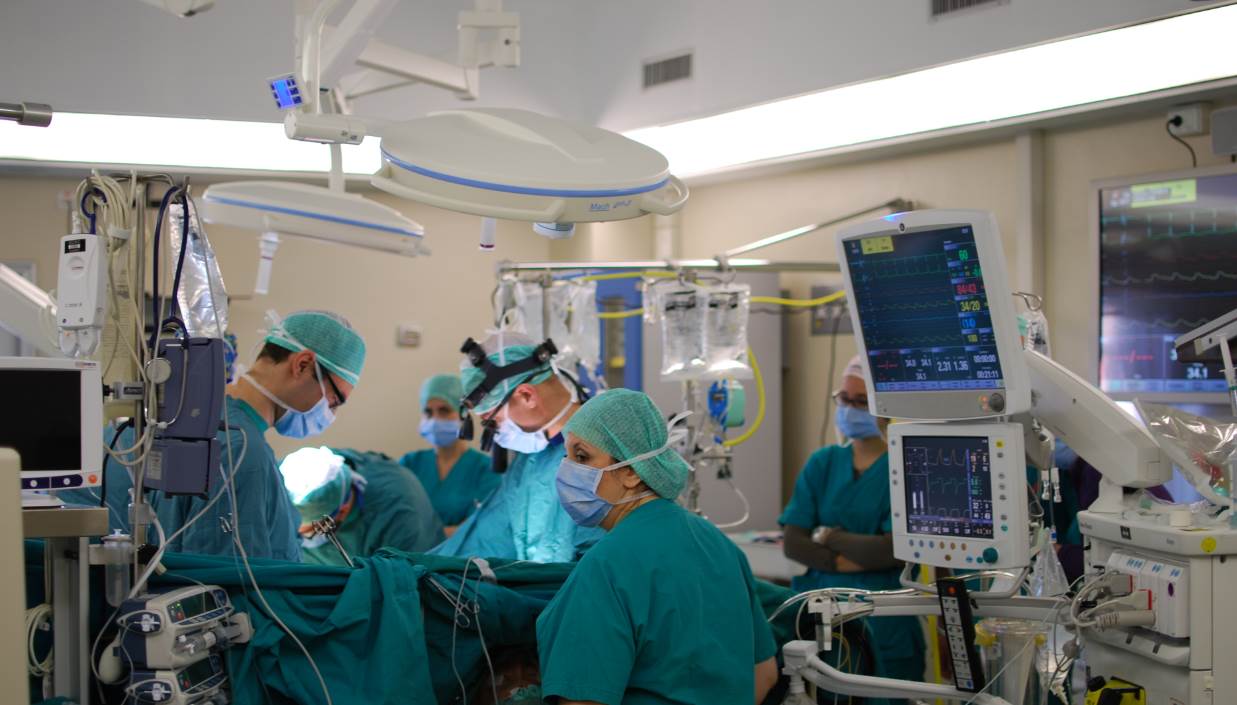What are the symptoms of vulvar cancer?
The symptoms of vulvar cancer can vary, but common signs and symptoms include:
- Itching or Burning: Persistent itching, burning, or discomfort in the vulvar area.
- Pain: Pain or tenderness in the vulvar region.
- Lumps or Masses: Presence of a lump, bump, or mass on the vulva.
- Changes in Skin: Changes in the color or texture of the skin on the vulva, including redness, thickening, or the appearance of sores or ulcers.
- Abnormal Bleeding: Unusual bleeding or discharge from the vulva or vagina, which might include bleeding after intercourse or between periods.
- Discharge: Foul-smelling or abnormal discharge from the vulva.
- Swollen Lymph Nodes: Swelling in the groin or pelvic area due to enlarged lymph nodes.
These symptoms can also be associated with other conditions, so it is important to consult a healthcare provider for an accurate diagnosis if any of these symptoms occur.
What are the causes of vulvar cancer?
Vulvar cancer can be caused by a combination of genetic, environmental, and lifestyle factors. Some known causes and risk factors include:
- Human Papillomavirus (HPV) Infection: Infection with certain types of HPV, especially HPV types 16 and 18, is a significant risk factor.
- Age: Vulvar cancer is more common in older women, typically those over 60.
- Chronic Vulvar Irritation: Conditions like lichen sclerosus, which cause chronic irritation and inflammation of the vulvar skin, can increase risk.
- Smoking: Tobacco use is linked to an increased risk of developing vulvar cancer.
- Weakened Immune System: Individuals with a weakened immune system, such as those with HIV/AIDS or who are on immunosuppressive medications, have a higher risk.
- Previous Cancers: A history of other cancers, particularly cervical or vaginal cancer, can increase the risk.
- Genetic Factors: Inherited genetic mutations, such as those associated with Lynch syndrome, may contribute to a higher risk of vulvar cancer.
- Family History: A family history of vulvar or other cancers can be a risk factor.
While these factors can increase the risk, having one or more of them does not mean a person will definitely develop vulvar cancer.
What is the treatment for vulvar cancer?
The treatment for vulvar cancer typically involves a combination of methods tailored to the individual’s specific case, including the cancer’s stage, type, and overall health. Common treatment options include:
- Surgery: The primary treatment for vulvar cancer, which may involve:
- Local Excision: Removing the cancerous tissue and a margin of healthy tissue.
- Vulvectomy: Partial or total removal of the vulva, depending on the extent of the cancer.
- Lymphadenectomy: Removal of nearby lymph nodes if the cancer has spread to them.
- Radiation Therapy: Used to kill cancer cells or shrink tumors, often used when surgery is not an option or in combination with surgery to target residual cancer cells.
- Chemotherapy: Uses drugs to kill or shrink cancer cells, often used when the cancer is advanced or has spread to other parts of the body. It can be administered orally or intravenously.
- Chemoradiation: Combining chemotherapy and radiation therapy may be used for advanced cases or in situations where surgery is not feasible.
- Targeted Therapy: Uses drugs that specifically target cancer cells based on their genetic makeup or other characteristics, which may be an option depending on the cancer’s specific genetic markers.
- Immunotherapy: Stimulates the body’s immune system to fight the cancer, though it is less commonly used for vulvar cancer compared to other types.
Treatment plans are usually developed by a multidisciplinary team of healthcare professionals, including oncologists, surgeons, and radiologists, and are personalized based on individual needs and circumstances.
What is the survival rate for vulvar cancer?
The survival rate for vulvar cancer varies based on several factors, including the stage at diagnosis, the type of vulvar cancer, and the patient’s overall health. Here’s a general overview of survival rates:
- Localized Vulvar Cancer: When vulvar cancer is detected early and has not spread beyond the vulva, the 5-year survival rate is approximately 70-80%.
- Regional Vulvar Cancer: If the cancer has spread to nearby lymph nodes or tissues, the 5-year survival rate drops to around 40-60%.
- Distant Metastasis: If the cancer has spread to distant parts of the body, the 5-year survival rate is lower, typically around 15-30%.
These rates are based on historical data and may vary with advances in treatment and individual patient factors. It’s important to discuss prognosis and survival rates with a healthcare provider who can provide more personalized information based on the specific details of the diagnosis.

Leave a Reply
You must be logged in to post a comment.